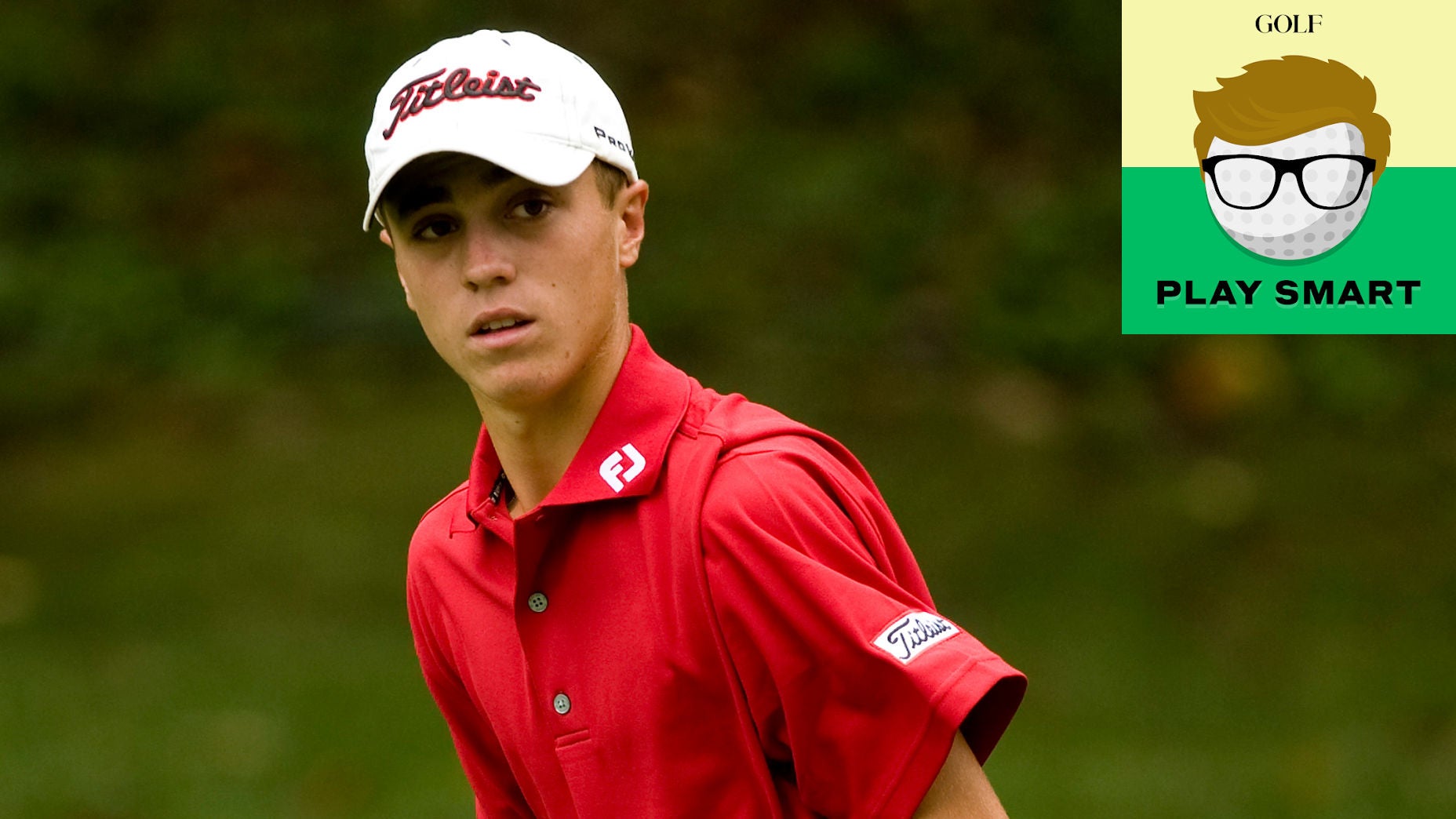Welcome to Play Smart, a new game-improvement column that drops at noon (ET) every Monday, Wednesday, and Friday from Director of Game Improvement content Luke Kerr-Dineen to help you play smarter, better golf.
I was a junior golfer once, and maybe you, reading this, are too. Or maybe it’s your child who’s a junior golfer. Either way, navigating your way through the junior golf scene — either as a parent or junior — is a peculiar art.
Golf is confusing enough at the best of times; add to that the general scariness that comes with growing up. The prospect that it all could determine where you go to college and embark on the next phase of your life only adds to it all. I look back on my years as a junior golfer fondly. I made some lifelong friendships and created so many memories — both good and bad — along the way. While it’s fun to look back on, “fun” isn’t always how it feels at the time, and there’s a lot I’d do differently if I could do it all over again.
There’s a few general pieces of advice I hear all the time from our Top 100 Teachers when it comes to coaching juniors. Chief among them is that parents need to know when to be parents, and when to hand over control to a coach they trust. It’s not always easy, but it’s essential.
Justin Thomas, a stellar junior golfer himself turned top-tier PGA Tour player, shared another essential tip for junior golfers ahead of this week’s Mayakoba Golf Classic. It’s simple, but it’s something he tells every junior golfer to do.
Junior golfers should always set goals
Thomas takes setting goals very seriously and thinks every golfer — especially junior golfers — should, too.
“It’s something that’s great for junior golfers to understand,” Thomas said.
When we’re talking about setting goals, JT isn’t talking about vague ideas. He wants you to take the extra step of writing it down, which helps keep you accountable. And no, that doesn’t mean you need to hang them on your mirror and stare at them every day. He just wants you to jot them down so you can return to them at a later date to compare.
“I’m not checking it every week, I’m not checking it every day saying, Have I done it yet? But it’s more of a baseline of what I want to try to accomplish this year, whether it’s an easy accomplishment, medium accomplishment, hard or extremely hard. Then at the end of the year, I feel I’m able to go through those and say, OK, this was a pretty good year, this was an OK year, this was a great year.”
When it comes to the actual goal-setting itself, look no further than a recent set of goals JT shared himself. Aside from ranging in difficultly, you should have two types of goals that you set for yourself:
Outcome goals, which are the kind of big-picture accomplishments we usually think of when we think of goals. “I want to get into single digits this season,” for example.
Process goals, which are smaller things you can actually do that will help your accomplish your outcome goal. “I want to average less than 30 putts per round,” for instance.
Look at JT’s list below, and you’ll see both of those things:
You don’t need to be a pro to set goals, but every golfer should. Write them down, especially if you’re a junior golfer, and keep yourself honest as you continue through your journey.
